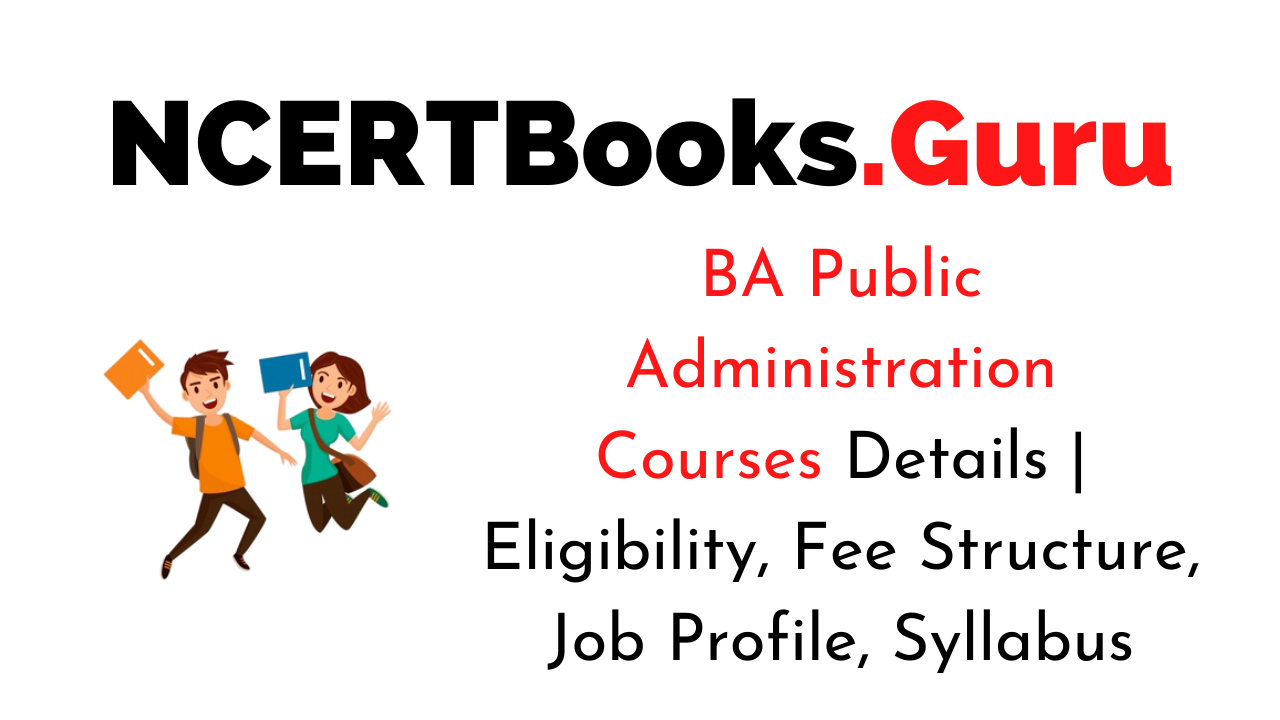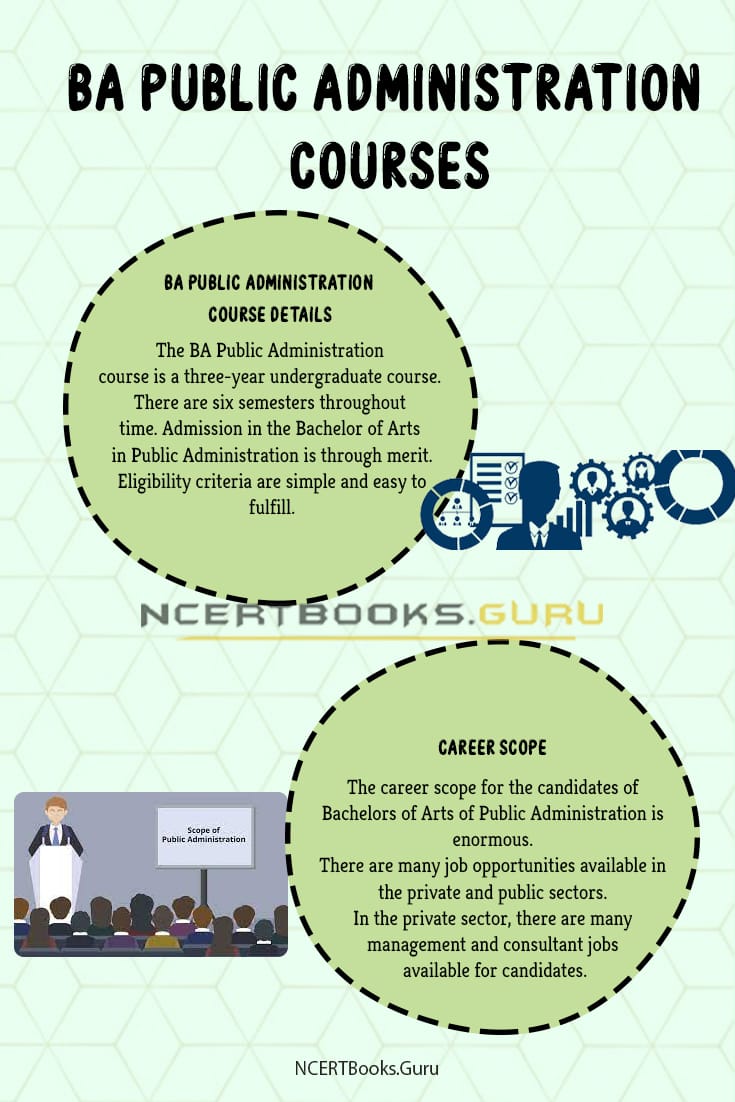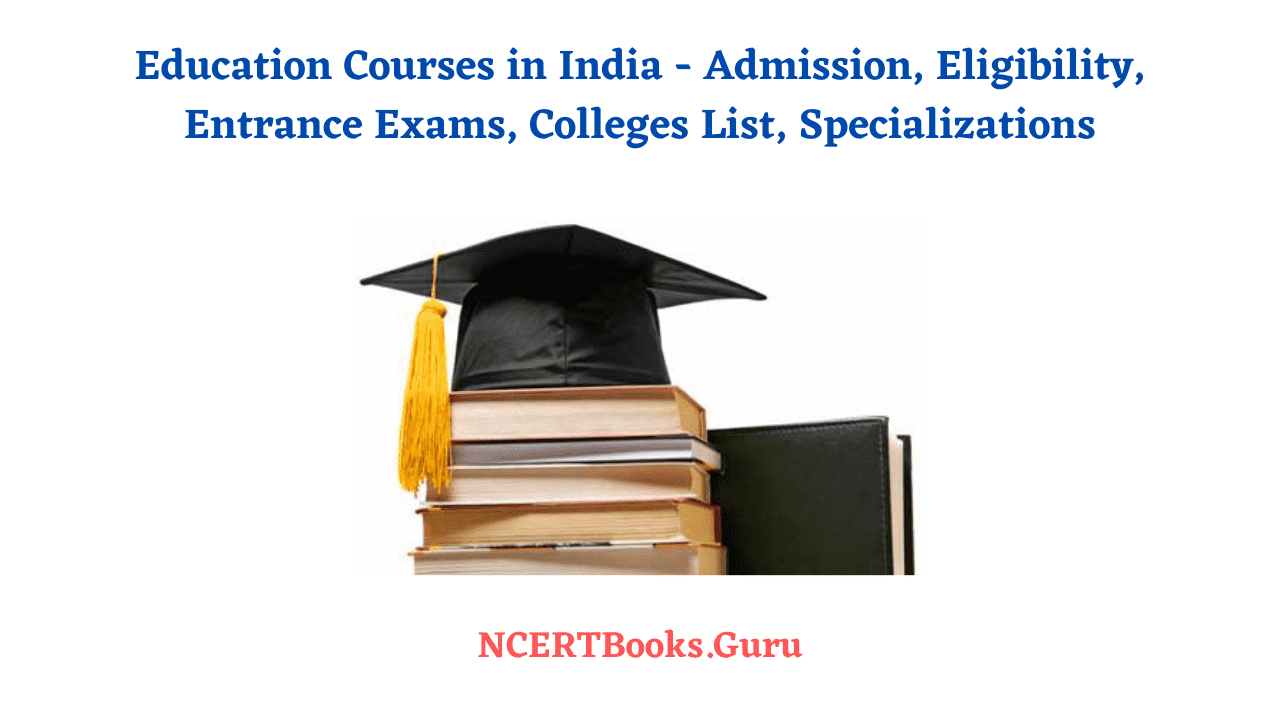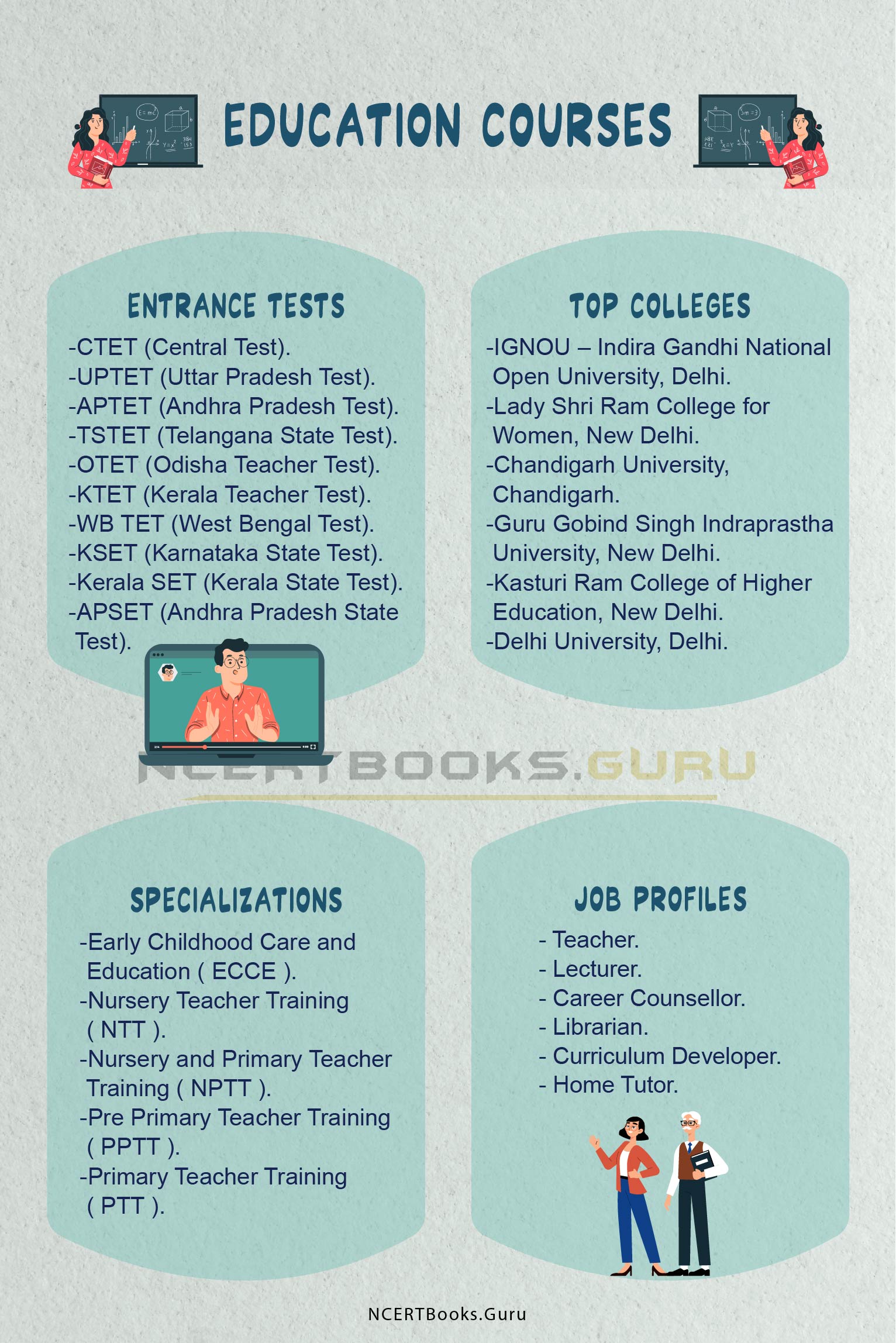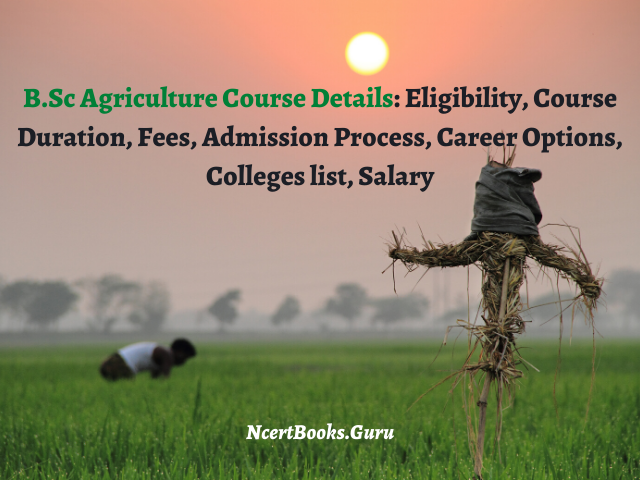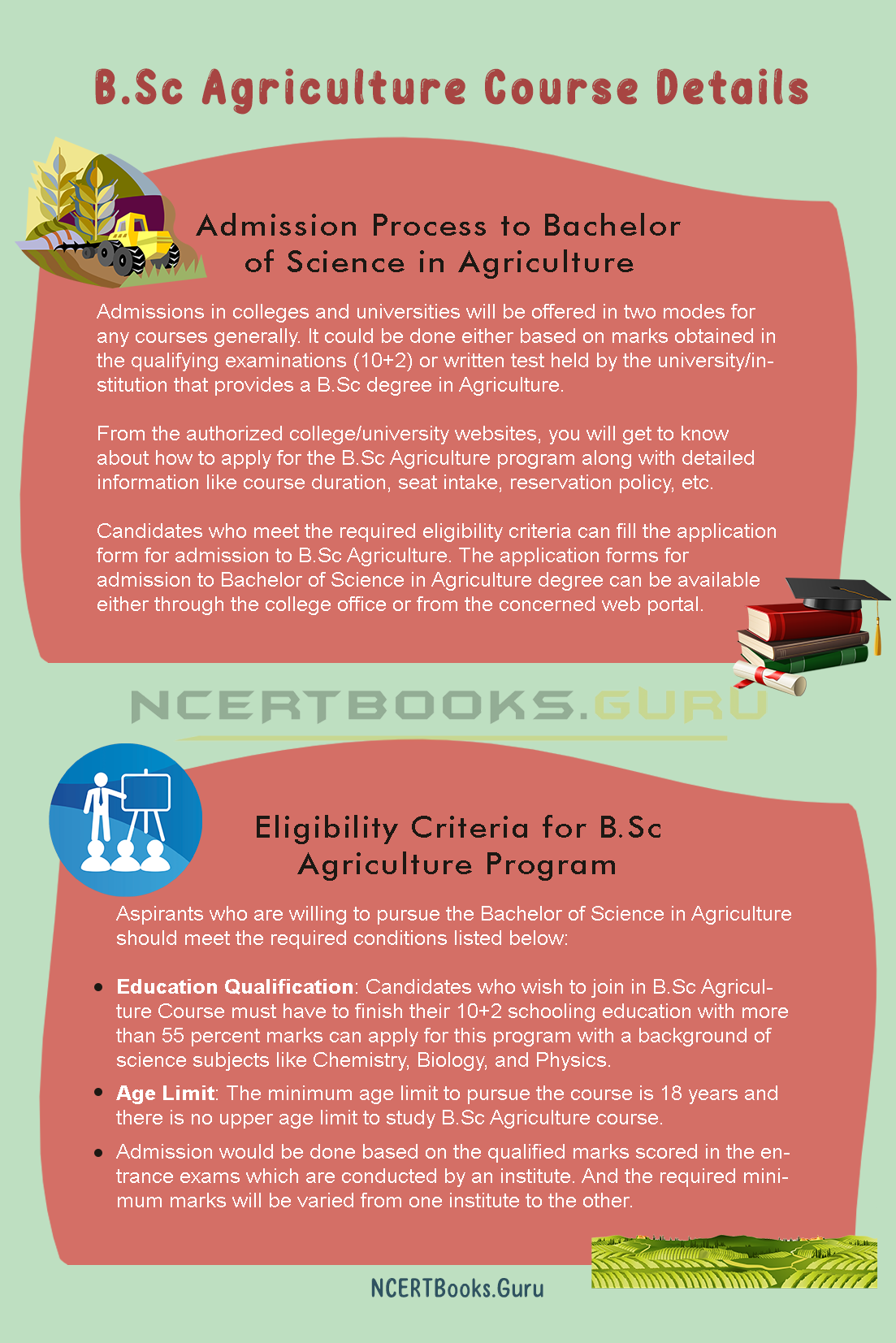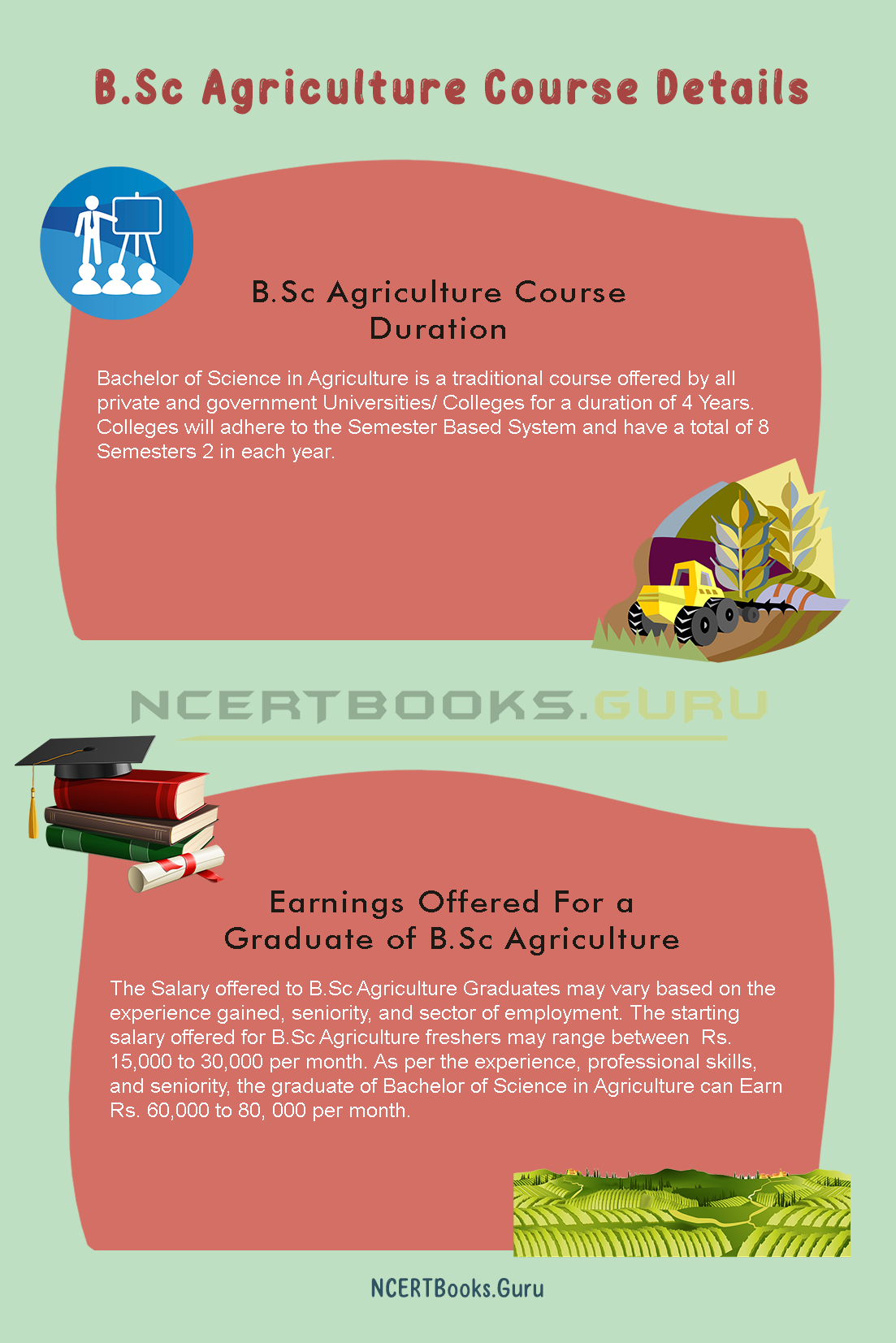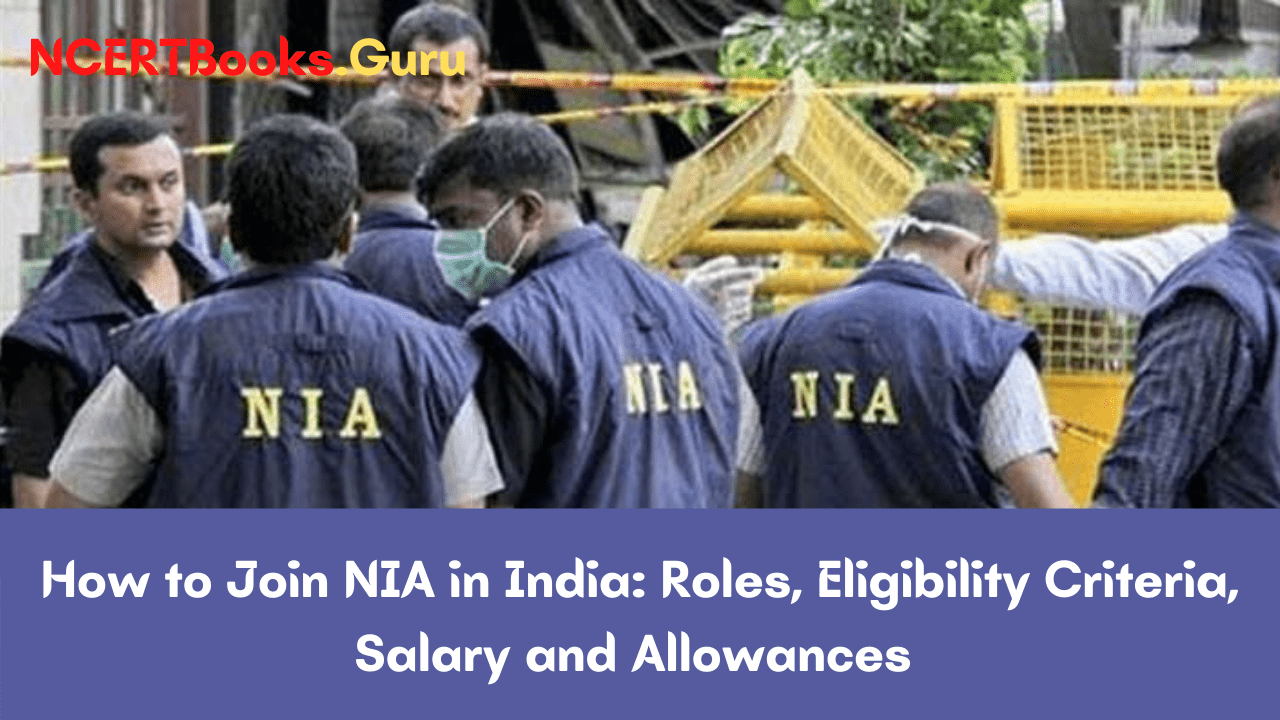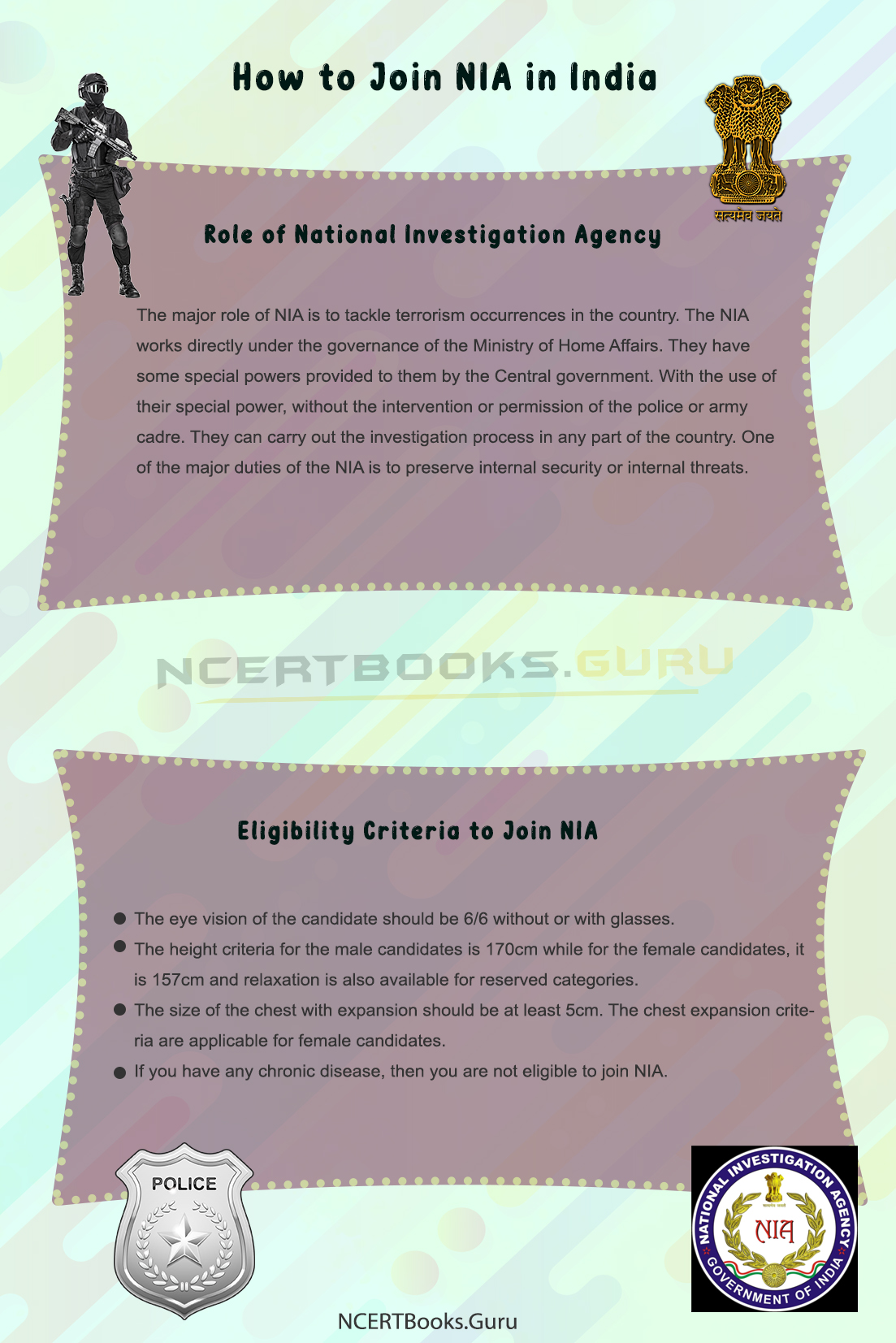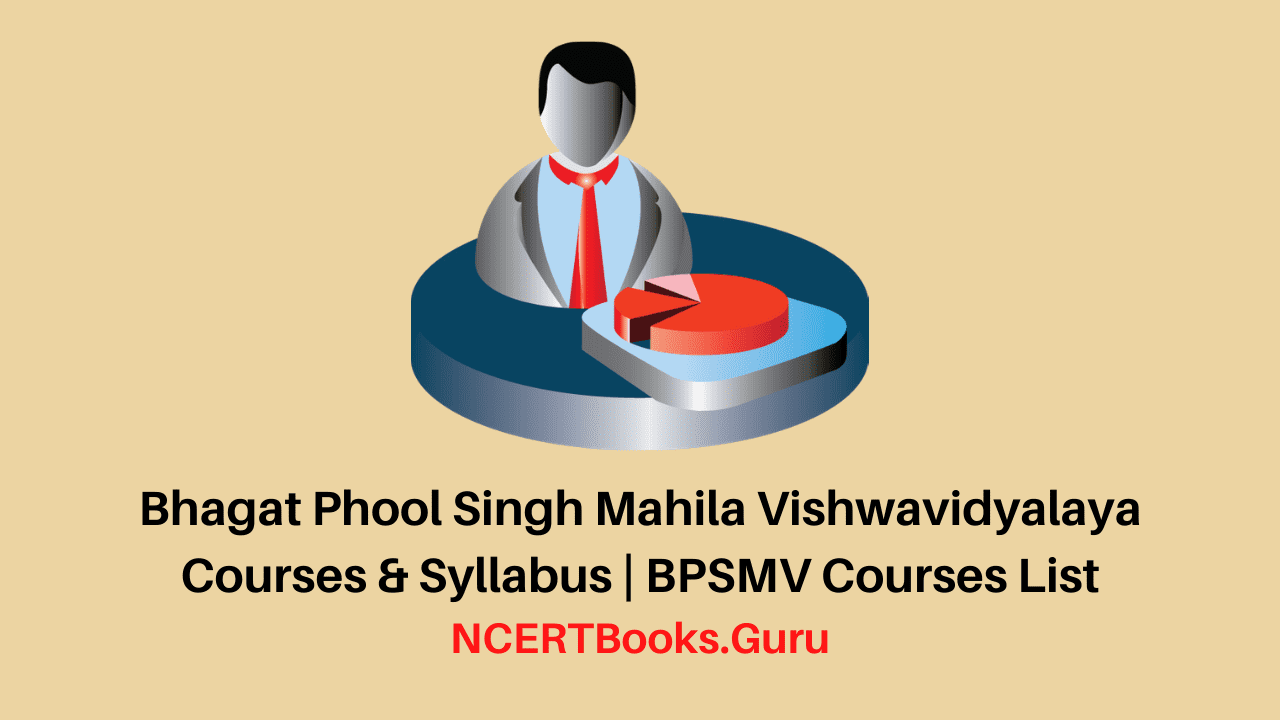Cloud Architecture Courses: Architecture field is not limited to the designing and construction of buildings. There are a lot more specializations available in the course. One among them is cloud architecture courses. The course might be new to many people but it creates a lot of opportunities for the people who are into it.
Cloud architecture free courses are generally available in online mode and will provide you with knowledge about the best cloud platform providers such as Amazon Web Services (AWS), Microsoft Azure, and Google Cloud Platform. To know the complete details related to the Cloud Architect courses, read the below-provided article. It will help you a lot for a better understanding of cloud architecture.
- About Cloud Architecture Courses in India
- Best Cloud Architecture Courses List
- List of Cloud Architecture Free Courses
- Tools Used in Cloud Computing Architecture Courses
- Skills Required for Cloud Architect Course Free
- List of Cloud Architect Courses Syllabus & Subjects
- Jobs After Cloud Architect Course in India
- What is the Cloud Architecture Salary in India?
- Is a cloud architecture course in demand?
- Is cloud architecture similar to the normal architecture courses?
- Are there any specific tools used in cloud architecture?
- What are the Roles and Duties of Cloud Architects?
- Is the cloud architecture course free?
About Cloud Architecture Courses in India
The cloud architecture course will teach you about the cloud technologies of the system. You will be able to grasp the google cloud technologies. Not only for the google cloud but a thorough understanding of cloud architecture as a whole concept.
The course will help you in designing, planning, and scaling cloud implementation. You will get to know about the concepts related to AWS Cloud formation, VPC, EC2, S3, Azure resource manager, Route53, Azure App Services, GCP, and more.
Related Articles: How to Become An Architect in India?
Best Cloud Architecture Courses List
The cloud architecture courses are available in various domains. It depends on you which domain you would like to choose. At the top are AWS, Azure, and Google Cloud Platform. These domains are offered by the top online platforms.
With the help of a certificated course, you will be able to get the training in the further cloud computing structure. Here, you can find the list of certification courses available:
- Introduction to Cloud Computing Course by Amazon Web Services
- Microsoft Azure Fundamentals AZ-900 Exam Prep Specialization
- Get Started with Cloud Computing — Level 1
- Cloud Computing Concepts
- AWS Certified Solutions Architect — Associate
- Microsoft Certified: Azure Solutions Architect Expert
- Cloud Architecture and Concepts
- Foundations for Cloud Architecture
- Introduction to Security and Architecture on AWS
- Microsoft Azure Architecture for AWS Architects
- Serverless Architecture: Executive Briefing
These above-mentioned courses are offered by AWS, Azure, and Google Cloud Platform from Udemy, Coursera, Edureka, Youtube, and more.

List of Cloud Architecture Free Courses
In the era of the internet, everything is available for free. Also, if you are, not interested in spending money on short courses then you can go for the free online cloud architect courses. Some of them are defined here:
- Coursera Offers Free Introduction to Cloud Computing
- 0 to Hero in Cloud computing Essentials With Azure
- Udemy’s course GCP — Google Cloud Platform Concepts
- Free Cloud Computing by Amazon Web Services
- Learning Microsoft Azure [Udemy]
- Fundamentals of Cloud Computing [Pluralsight]
- A Practical Introduction to Cloud Computing Course from a free medium
Tools Used in Cloud Computing Architecture Courses
Every architect is taught about the specific tools which they are required to use in their practical jobs. But for the cloud architecture, these tools will help them in the formation of diagrams that will help them in the determination of various factors related to the cloud.
The factors such as speed of the cloud, cost involved in the project, complexity of the situation, and a lot more. Thus, for the execution of the ideas involved in the process, these tools are required. Some of these handful tools are described here:
- Cloudcraft
- Azure
- Visual Paradigm
- Arcentry
- Edraw
Skills Required for Cloud Architect Course Free
Not only for clod architecture but skills are required for every job. Without proper skills, you cannot hold a top position in any field. When it comes to the IT sector then skills are the only expertise through which you earn a pretty good amount.
Some of the important skills for cloud computing architects are described here:
- Knowledge of MySQL
- Network administration skills
- Skills in data storage and security
- Knowledge of the working with AWS and other cloud providers
- Programming skills in Java
- Conceptual Knowledge of open-source tools such as Kubernetes and Docker
- Experience in working with projects
List of Cloud Architect Courses Syllabus & Subjects
Cloud Architecture is a vast course that included the subjects which are mentioned below:
- Cloud fundamentals
- Auto-provisioning
- Virtualisation concepts
- Cloud computing securitization
- Private cloud environment
- Ethics and standards of cloud
- Cloud as PaaS, SaaS
- Public cloud environment
Refer:
Jobs After Cloud Architect Course in India
There are various job opportunities for students who want to build their careers in cloud architecture. Top companies recruit the cloud architects for the position of:
- AWS Specialist
- Security Architect
- Senior IT Architect
- Solutions Architect
- Azure Cloud Architect
- Service Cloud Architect
- AWS Cloud Solutions Architect
- Data Architect
What is the Cloud Architecture Salary in India?
As the course is in high demand, it provided high salaried jobs for the people. In India, they earn around Rs 3 Lakh to 10 Lakh. However, these salaries are paid according to the skills and responsibilities which architects have in the organization.
FAQs on How to Learn Cloud Architecture Courses
1. Is a cloud architecture course in demand?
Cloud architecture course is in great demand these days. According to the surveys conducted it has been observed that it is the 2nd most demanded skill for the employees. The companies are waiting for the professionals who have pursued this course.
2. Is cloud architecture similar to the normal architecture courses?
Cloud architecture courses are slightly different from the other architecture courses available to us. Cloud architecture work in the domain of designing, computing, and proportion of systems.
3. Are there any specific tools used in cloud architecture?
Yes, there are a few tools that cloud architects use to provide the actual information related to the cloud. The tools which cloud architects use are Cloudcraft, Azure, Visual Paradigm, Arcentry, Edraw, and more.
4. What are the Roles and Duties of Cloud Architects?
The main role of a cloud architect is to design and implement cloud computing solutions. Their main responsibility for them is to examine and monitor the cloud system, maintain privacy, properly check on technical issues, ensure the smooth functioning of a system, understand the requirements of the clients, and more.
5. Is the cloud architecture course free?
Yes, there are various courses available in India for cloud architecture. Online platforms like Coursera, Udemy, Pluralsight, and more offers free cloud architecture courses.
Conclusion
As of now, you have seen the detailed information for the cloud architecture course. So you can easily pursue your dream career in the same field. The course is in high demand and provides great career opportunities. To know more about architecture courses you can visit our official website Ncertbooks.guru and also you can drop your doubts in the comment section.

